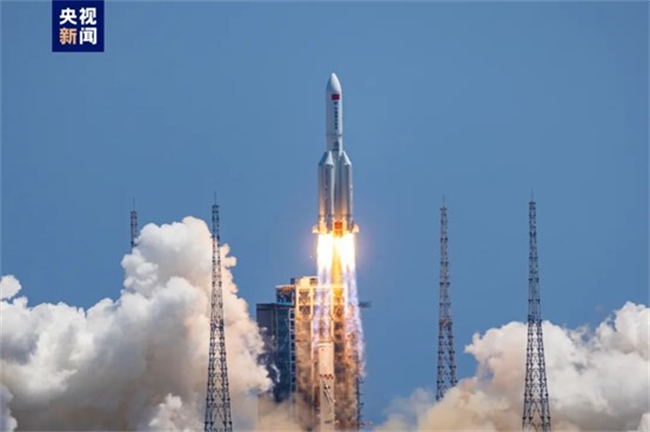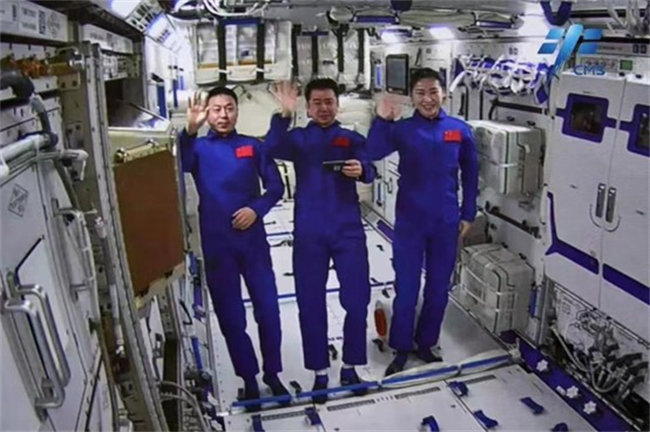"Wentian" Docks with "Tianhe"! Nankai University Supports Wentian Lab Module for Life Science Research
The Long March-5B Y3 carrier rocket, carrying Wentian lab module, blasted off from the Wenchang Spacecraft Launch Site on July 24, 2022 (Beijing Time). The Wentian lab module then successfully entered the preset orbit and docked with the Tianhe core module about 13 hours later; and the Shenzhou-14 astronauts successfully entered the Wentian lab module.

This is the 24th flight mission since the China's manned space program was initiated. The Wentian lab module marks the second section of the Chinese space station and is the first lab module.

The astronauts will rely on the Wentian module to complete a number of researches of life science and biotechnology. It is worth noting that the "science glove box" deployed in Wentian module boasts cell-level fine operation capabilities. Ms. Sun Mingzhu and Mr. Qin Yanding, members of Professor Zhao Xin's research team from the College of Artificial Intelligence, Nankai University, participated in the research and development of micromanipulator, micromanipulation end tool and the development of cell manipulation software of the "science glove box".
Wentian module mainly focuses on the research of life science and biotechnology. Researchers have planned more than 10 research topics for Wentian in four fields including space life science and biotechnology, microgravity fluid physics, space material science, and new space application technologies. Such arrangements intend to study the basic scientific laws and mechanisms under various space environment elements, pay attention to the growth and development of life and human health, explore a series of scientific issues faced by human beings for long-term space survival, and actively promote the transfer of space science to applications.
The "science glove box" supports the isolation and fine operation of various scientific experiment samples. For example, the micromanipulator can complete a variety of micron-level cell operations, with the operation accuracy of less than 5 microns, which further establishes Nankai University’s leading position in the field of micromanipulation robots.

Illustration of "science glove box"
The research on micromanipulation robots at Nankai University can be traced back to 1992 when Mr. Lu Guizhang, director of the Institute of Robotics & Automatic Information System of Nankai University, led the team to initiate the research on the micromanipulation robot system for biomedical engineering, and won Second Prize of National Technological Invention Award in 2002. In recent years, Nankai University has made important breakthroughs in AI-powered automated pig cloning. Nankai University’s participation in the research on a robotic system capable of cell manipulations to support Wentian lab module for life science research is a vivid example of universities leveraging their strengths to support the aerospace industry in China.
(Edited and translated by Nankai News Team)









